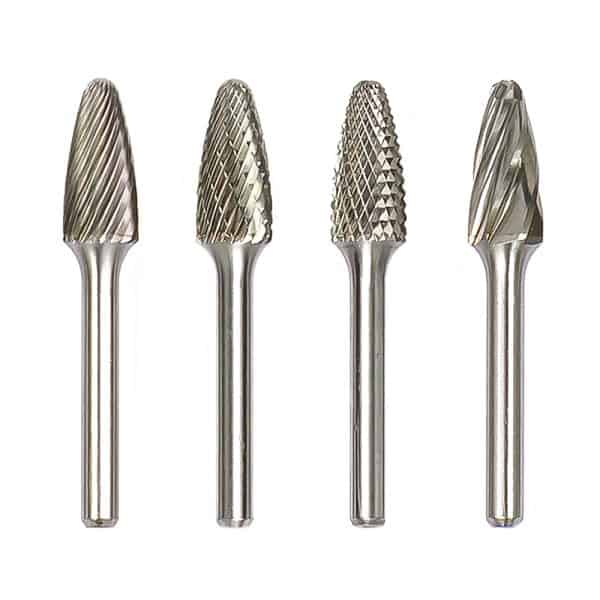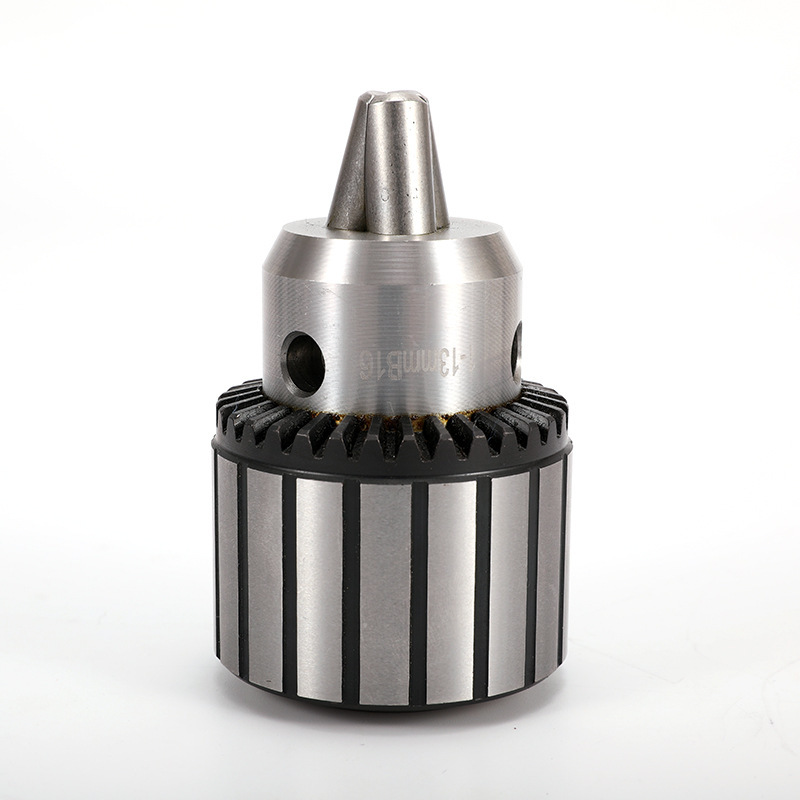bench vice Supplier
Finding the right bench vise supplier can be challenging. This guide offers essential information on selecting a reliable supplier and choosing the best bench vise for your specific needs. It covers key considerations like vise types, material quality, clamping force, and supplier reputation.
Understanding Bench Vises
A bench vise is a fundamental tool used in various industries and workshops. It provides a secure grip for holding materials during operations like sawing, filing, drilling, and welding. Choosing the right bench vise is crucial for efficiency and safety.
Types of Bench Vises
Different tasks require different types of bench vise. Here are some common types:
- General Purpose Vise: Suitable for a wide range of tasks in workshops and garages.
- Engineers Vise: Designed for heavy-duty use in metalworking and engineering applications.
- Woodworking Vise: Specifically designed for woodworking, often with features like wooden jaws to protect the workpiece.
- Pipe Vise: Used for securely holding pipes during cutting, threading, or other operations.
- Machine Vise: Used on milling machines and drill presses to hold workpieces securely.
Key Features to Consider
When selecting a bench vise, consider the following:
- Jaw Width: The width of the jaws determines the maximum size of the workpiece you can hold.
- Jaw Opening: The maximum distance between the jaws when fully opened.
- Clamping Force: The amount of force the vise can exert to hold the workpiece securely. Measured in pounds or kilograms.
- Material: The material of the vise (e.g., cast iron, steel) affects its durability and strength. Cast iron vises are common for general purpose, while steel vises are for heavier duties.
- Base Type: Fixed or swivel base. A swivel base allows you to rotate the vise to different angles.
Finding a Reliable Bench Vise Supplier
Choosing the right bench vise supplier is as important as choosing the right vise. Here's what to look for:
Reputation and Experience
Look for suppliers with a proven track record of providing high-quality products and excellent customer service. Consider reading online reviews and checking their industry reputation. Companies like Wayleading Tools, with years of experience, often offer reliable products and support.
Product Range and Quality
A good supplier should offer a wide range of bench vises to suit different needs and budgets. Ensure that the vises are made from high-quality materials and meet industry standards. Don't be afraid to ask about the manufacturing process and quality control measures.
Pricing and Value
Compare prices from different suppliers, but don't choose solely based on the lowest price. Consider the quality of the vise and the supplier's reputation. Sometimes, paying a bit more for a higher-quality vise can save you money in the long run.
Customer Service and Support
Choose a supplier that offers excellent customer service and support. This includes providing technical information, answering questions, and handling any issues or concerns promptly and efficiently. Check if they offer warranty or return policies.
Top Bench Vise Supplier Considerations
Here are some crucial factors when evaluating potential bench vise suppliers:
Manufacturing Capabilities
Understanding the supplier's manufacturing capabilities is essential. Do they manufacture the vises themselves, or are they just a distributor? Manufacturers often have better control over quality and can offer custom solutions. Leading manufacturers use advanced techniques to ensure precision and durability.
Certifications and Standards
Check if the supplier's products meet relevant industry certifications and standards (e.g., ISO 9001). This indicates that the products have been tested and meet certain quality requirements.
Delivery and Logistics
Consider the supplier's delivery and logistics capabilities. Can they deliver the vises to your location on time and in good condition? Do they offer tracking information and insurance?
Examples of Bench Vises and Their Applications
Let's look at some examples of bench vises and their applications:
General Purpose Vise
A general-purpose bench vise is suitable for a wide range of tasks, such as:
- Light metalworking
- Woodworking
- Assembly and repair work
Features to look for include a swivel base, replaceable jaws, and a durable cast iron construction.
Engineers Vise
An engineer's bench vise is designed for heavy-duty use in metalworking and engineering applications. It features:
- High clamping force
- Hardened steel jaws
- A robust construction
These vises are ideal for tasks such as:
- Machining
- Welding
- Fabrication
Woodworking Vise
A woodworking bench vise is specifically designed for woodworking applications. It typically features:
- Wooden jaws to protect the workpiece
- A quick-release mechanism
- A smooth clamping action
These vises are suitable for tasks such as:
- Cutting
- Shaping
- Assembling wooden components
Comparative Data: Bench Vise Specifications
| Vise Type | Jaw Width | Jaw Opening | Material | Typical Application |
|---|---|---|---|---|
| General Purpose | 4-6 inches | 3-5 inches | Cast Iron | DIY projects, light duty |
| Engineer's Vise | 6-8 inches | 5-7 inches | Steel | Metalworking, machining |
| Woodworking Vise | 7-10 inches | Variable | Cast Iron, Wood | Woodworking, carpentry |
Note: Specifications may vary by manufacturer. Always refer to the manufacturer's specifications for accurate data.
Conclusion
Choosing the right bench vise supplier and the appropriate bench vise is essential for any workshop or industrial setting. By carefully considering the factors outlined in this guide, you can make an informed decision that meets your specific needs and budget. Remember to prioritize quality, reliability, and customer support when selecting a supplier like Wayleading Tools.
Related products
Related products
Best selling products
Best selling products-
 DIN338 HSS Twist Drill Bit Fully Ground Or TiN Coated
DIN338 HSS Twist Drill Bit Fully Ground Or TiN Coated -
 Inch HSS 1/2″ Reduce Shank Drill Bit For Metal Cutting Of High Precision
Inch HSS 1/2″ Reduce Shank Drill Bit For Metal Cutting Of High Precision -
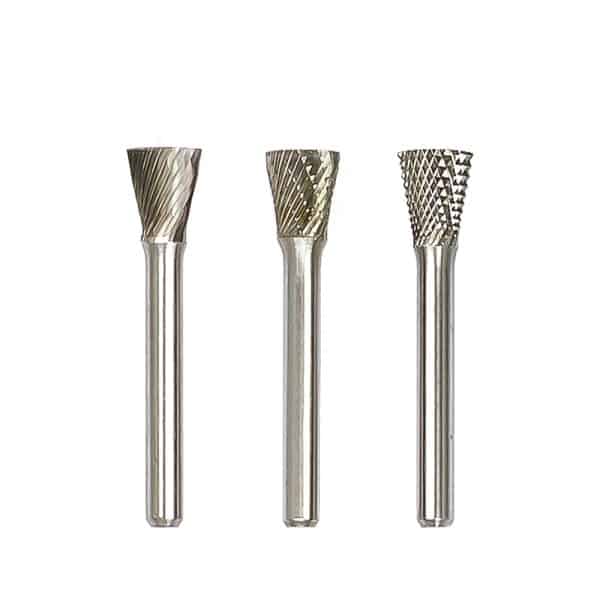 Type N Inverted Cone Tungsten Carbide Rotary Burr
Type N Inverted Cone Tungsten Carbide Rotary Burr -
 Adjustable Tap And Reamer Wrench For Thread Cutting Tools
Adjustable Tap And Reamer Wrench For Thread Cutting Tools -
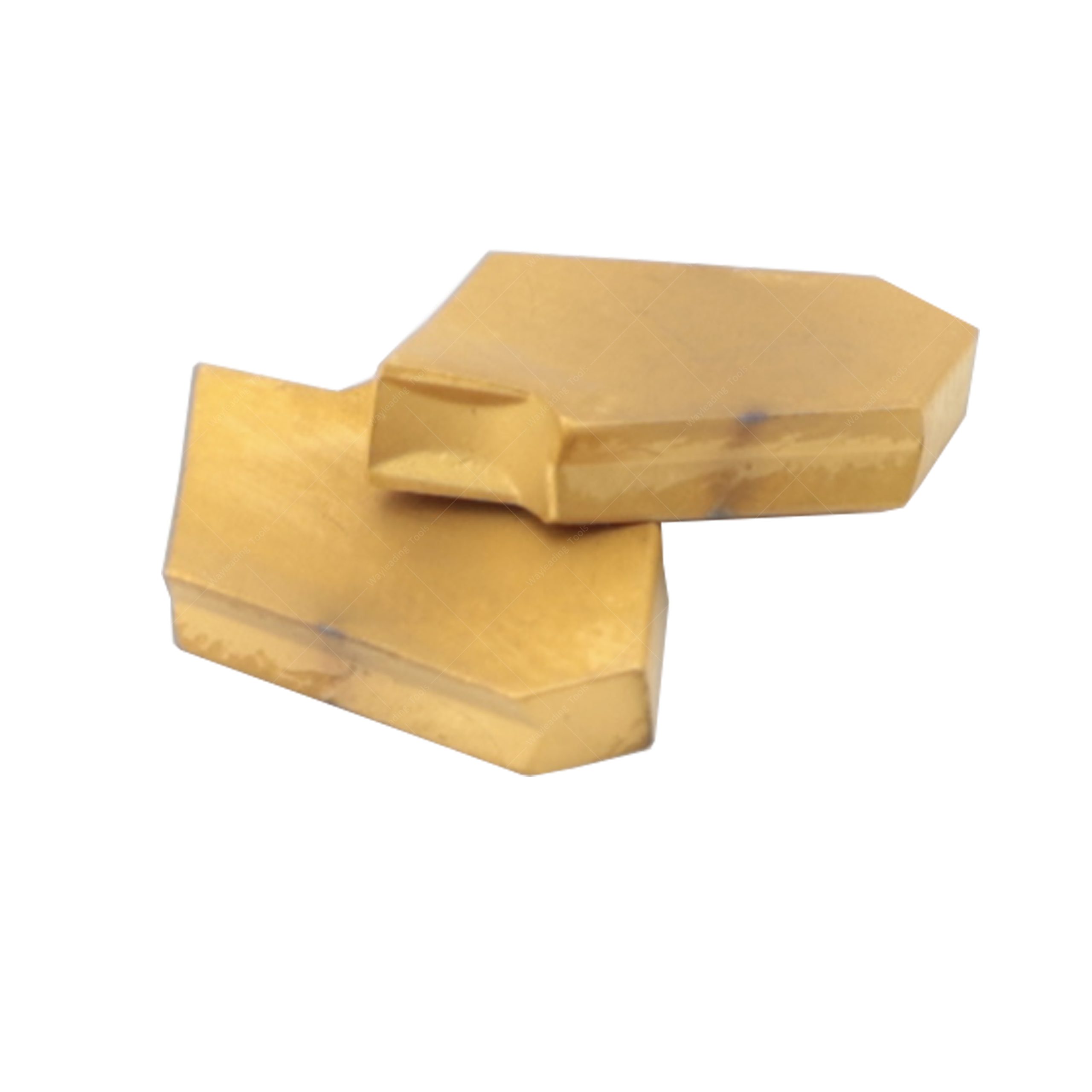 GTN Parting & Grooving Insert For NCIH Blade
GTN Parting & Grooving Insert For NCIH Blade -
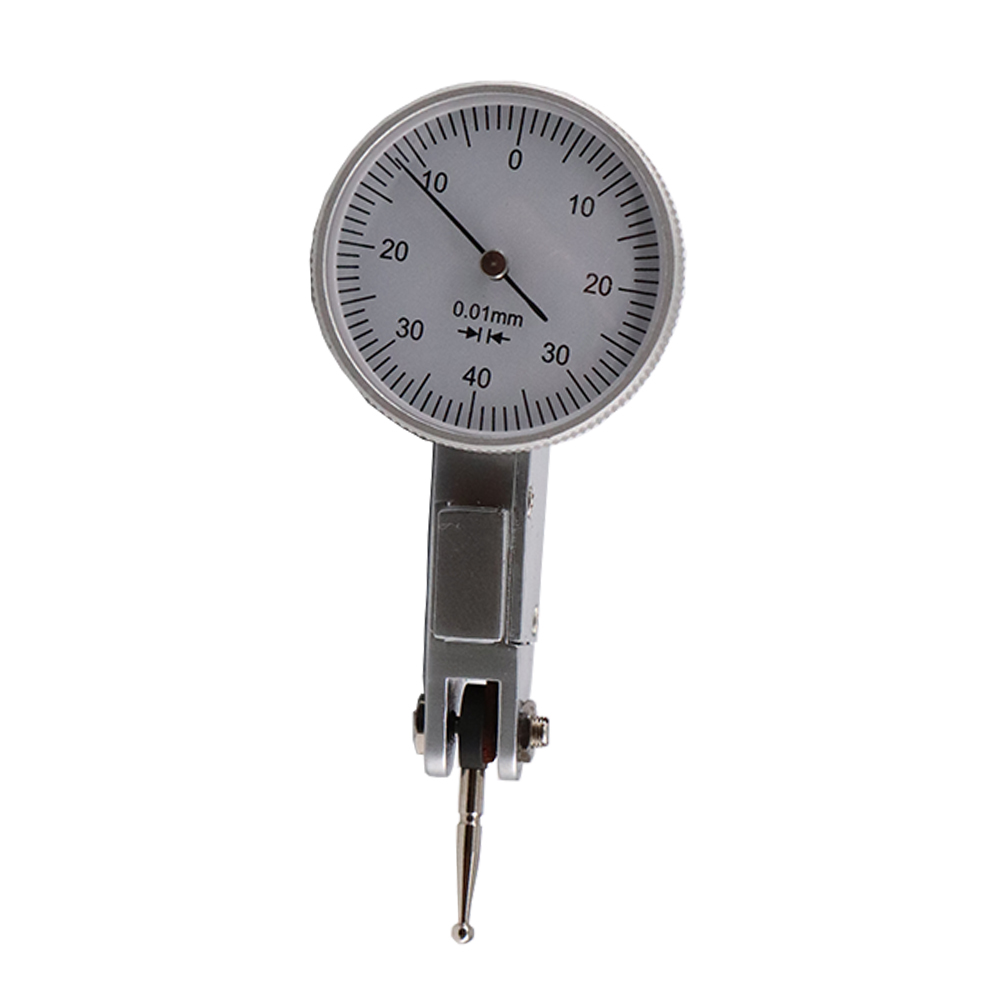 Precision Dial Test Indicator Gage For Industrial
Precision Dial Test Indicator Gage For Industrial -
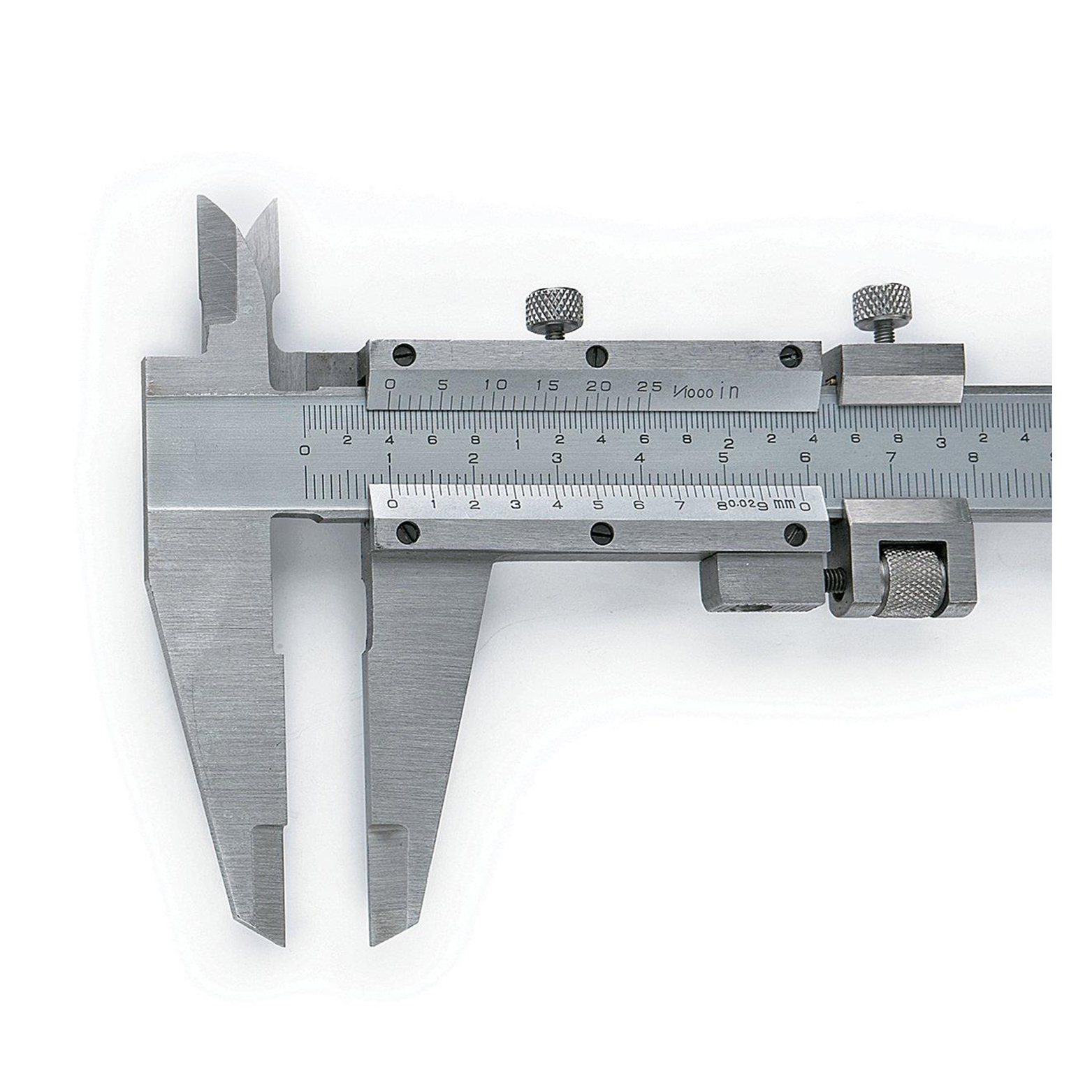 Precision Fine-Adjustment Vernier Caliper Of Metric & Imperial For Industrial
Precision Fine-Adjustment Vernier Caliper Of Metric & Imperial For Industrial -
 Precision 17pcs Angle Blocks Set With High Quality Type
Precision 17pcs Angle Blocks Set With High Quality Type -
 Precision Monoblock Fine-Adjustment Vernier Caliper Of Metric & Imperial For Industrial
Precision Monoblock Fine-Adjustment Vernier Caliper Of Metric & Imperial For Industrial -
 5C Square Collet With Inch and Metric Size
5C Square Collet With Inch and Metric Size -
 Precision Outside Micrometer With digit Counter Of Inch & Metric With Rachet Stop
Precision Outside Micrometer With digit Counter Of Inch & Metric With Rachet Stop -
 HSS Inch Convex Milling Cutter For Industrial
HSS Inch Convex Milling Cutter For Industrial
Related search
Related search- external parting and grooving toolholders Supplier
- end mill holder Manufacturer
- Slitting Saw
- Boring Head Manufacturer
- SCGC turning tool holder Factory
- Wholesale lathe tools
- Internal & external thread tool holders set Supplier
- Thread Plug Gauge Supplier
- Inch size trapeze ACME threading insert Factory
- dovetail angular cutter set







